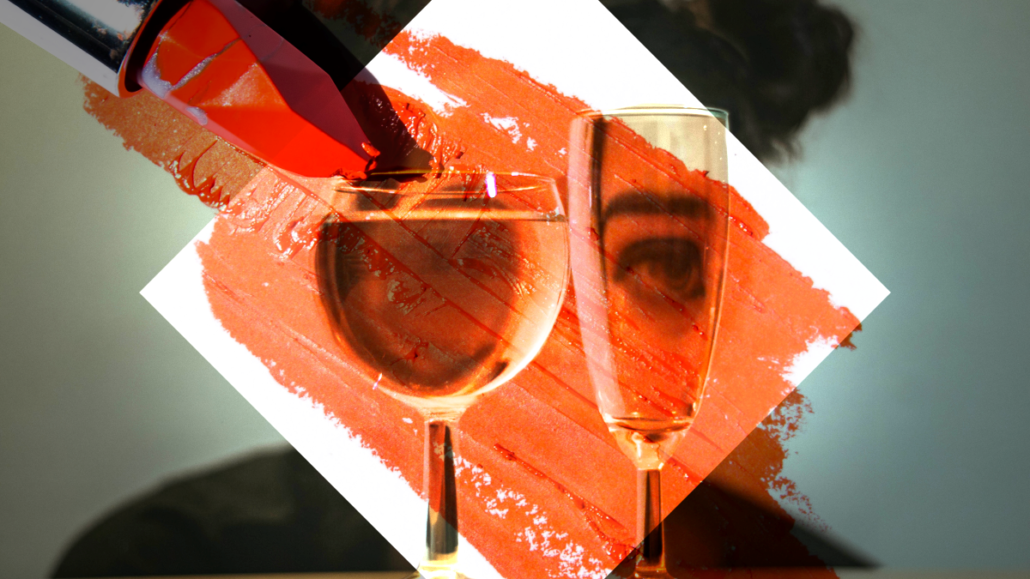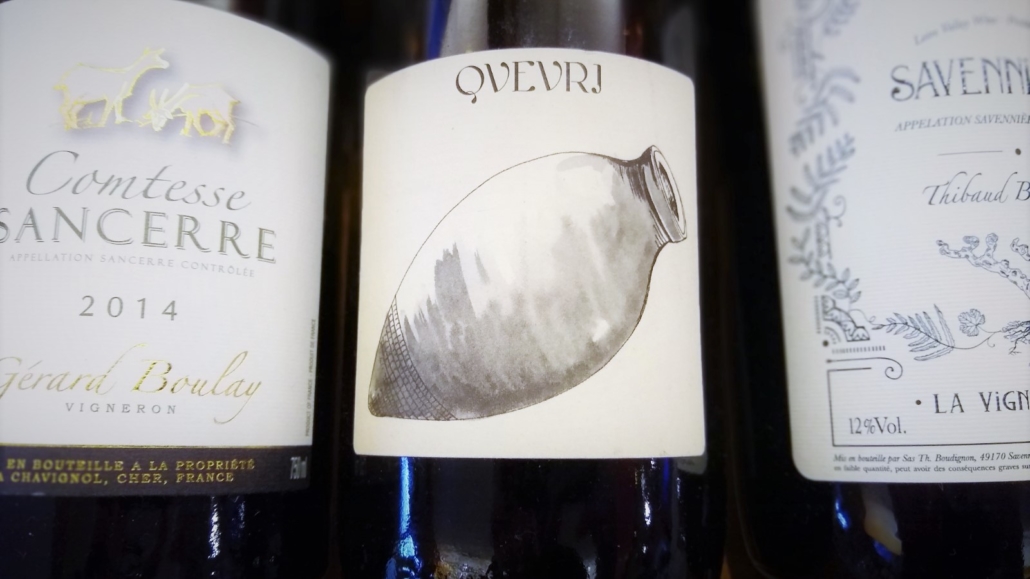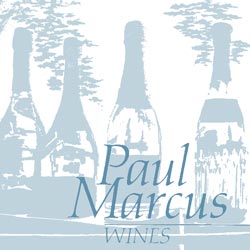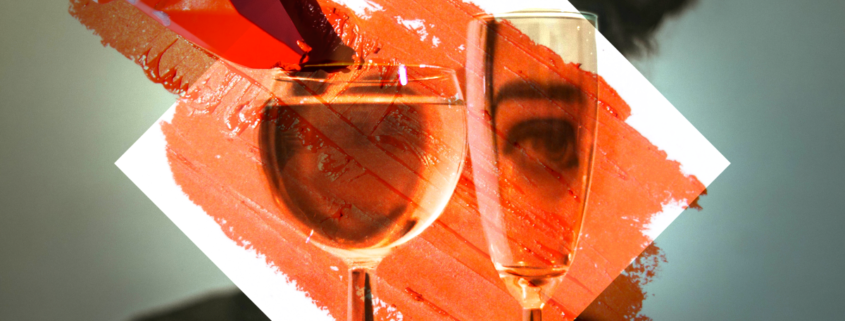 What is Orange Wine?
What is Orange Wine?
The term “orange wine” is a bit of a misnomer; a better term is “skin-contact wine.” Simply put, orange wines are white wines that have been produced in a rosé or red-wine style. By allowing the fresh-pressed juice to sit in contact with the grape skins, the wine color deepens and tannic structure increases. Without skin contact, all of the juice that comes out of grapes, regardless of red or white varieties, would be clear.
Most orange wines see anywhere from a few days to a few months of skin contact. (A traditional white wine sees zero skin contact.) The longer the wine is in contact with the skin, the more intense and complex the taste profile becomes. The production of orange wine is usually “natural” in essence, with minimal intervention and little-to-no preservatives or additives used during production or bottling.
The History of Orange Wine
Skin-contact wine has a rich and unique history dating back a few thousand years. Its origin derives from a country at the intersection of Europe and Asia: Georgia. Here the grapes were crushed into large clay pots called qvevris. These clay pots would then be buried in the ground where the wine would slowly ferment over the course of several weeks or months, with very minimal intervention. Eventually, this winemaking process started to pop up in areas of northeastern Italy and throughout Slovenia. Today, this production style is practiced throughout the world, including the U.S. and Australia.

A wine label featuring a Qvevri
While skin-contact wines were originally overly oxidized, very harsh wines, today you can find great variance in orange wines. Some winemakers only allow a few days of skin contact and then finish fermentation in oak barrels or stainless steel, producing slightly richer white wines; others continue to use qvevris or other clay pots with longer periods of skin contact to produce bolder, full-flavored wines.
Taste Profile of Orange Wine
It seems that people either love or hate orange wine–the taste profile can be a bit jarring for someone unfamiliar with the style or accustomed to drinking only very crisp, light white wines. As Wine Folly so eloquently puts it, “Often they’re so intense that you might want to make sure you’re sitting down when you taste your first orange wine.”
While that might be a bit of an exaggeration, orange wines are known for their ample structure–an increase in tannins and phenolic compounds–giving the wines their characteristic robustness. The aromatics of the wines tend to lean toward more bready, honeyed, and nutty expressions. Notes of yellow stone fruits, spices, and herbs dominate these wines. The wines also tend to lean toward the dry side, with a very vigorous mouth feel, in part because these wines are often unfiltered.
How to Pair Orange Wine
Since orange wines are bigger and bolder versions of white wines, you can typically pair them well with foods that call for a dry white wine or a lighter red wine. Think of orange wines as the middleman between a white and red wine. Any meal with a lot of spice will be complemented by the dry, robust profile of an orange wine. Try them with curry dishes, Ethiopian cuisine, Japanese and Korean meals, or hearty dishes like chili.
Other appropriate dishes include fish, chicken, strong cheeses, and preparations containing nuts, yellow stone fruits, root vegetables, or fermented ingredients such as kimchi. Orange wines can even stand up to beef, although a red wine will usually be more suitable.
Next time you visit Paul Marcus Wines, please make sure to ask us about our current selection of orange wines. Whether you’re an orange-wine aficionado or a newcomer to the style, we’ll be happy to help you select the right one for your needs.


Orange wines are definitely a thing right now. This is their renaissance it seems. We (Côte West) even jumped on the orange wine band wagon, even though we had no first-hand experience making such a wine. To our delight, the wine turned out great. It’s fun to see people’s reaction to orange wine in our tasting room in Oakland. It’s true, people either love it or hate it. But it’s funny, even the haters can’t help but buy a bottle or two of the orange wine, saying, “I know someone who will LOVE this!”